For years, ADHD was mostly seen as a “boy thing”—the kid who couldn’t sit still in class, always bouncing off the walls.
Meanwhile, ADHD in women has been overlooked for far too long.
But… that’s finally changing. More women than ever are getting diagnosed, sparking much-needed conversations about what ADHD really looks like and how to manage it effectively.
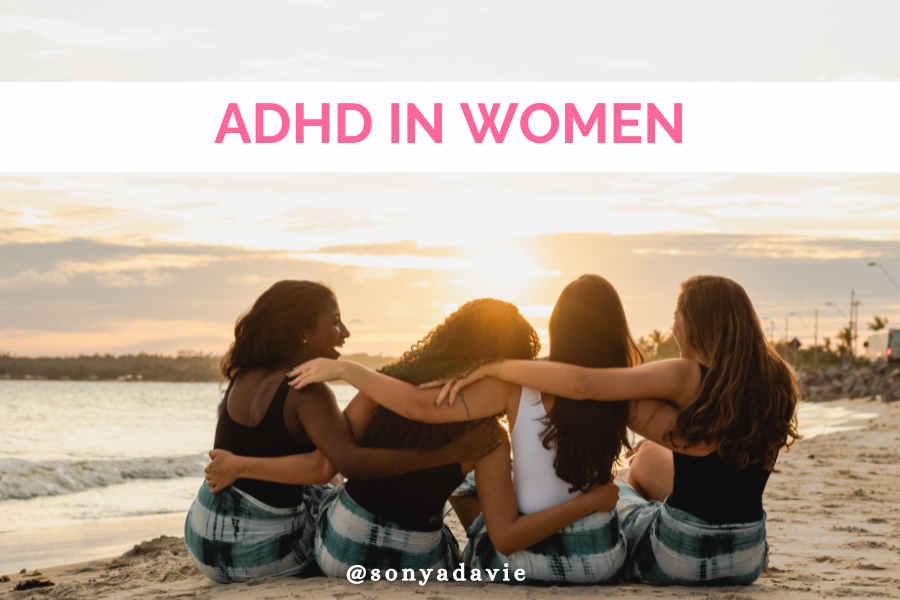
This post is all about ADHD in women.
Why ADHD in Women Often Goes Unnoticed
Traditionally, ADHD has been linked to hyperactivity, which is more commonly observed in males. This has led to a diagnostic bias, where women—who often exhibit subtler symptoms like inattentiveness, internal restlessness, and emotional dysregulation—go undiagnosed. Because these symptoms don’t always disrupt others, they’re frequently misdiagnosed with anxiety or depression or told to “try harder.”
But, the COVID-19 pandemic played a key role in shifting this narrative.
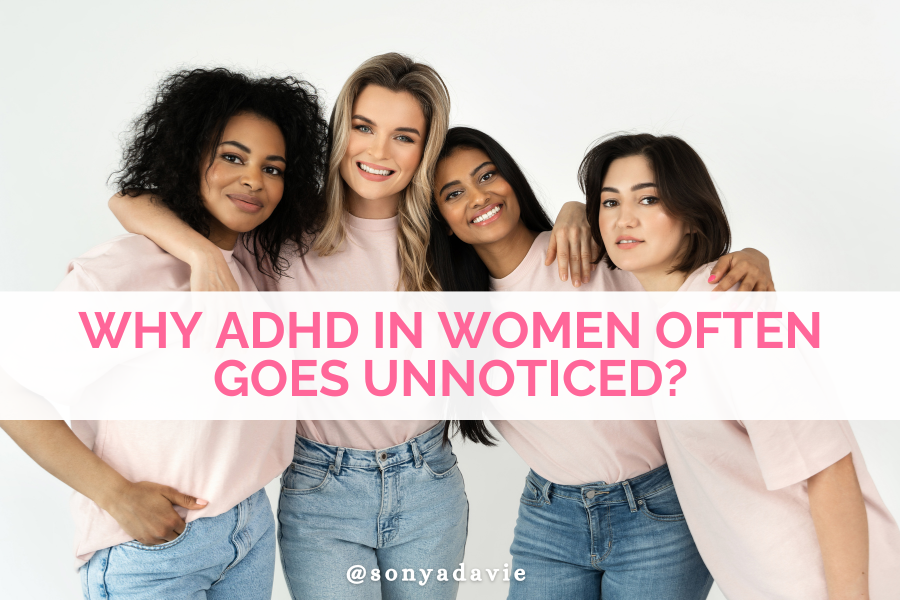
With remote work and more time for self-reflection, many women started to recognize lifelong struggles with attention, organization, and memory. That “aha” moment led many to seek an official diagnosis and finally understand why they’ve felt different for so long.
Why Diagnosing ADHD in Women Is So Tricky
Diagnosing ADHD in adult women presents unique challenges.
Many doctors aren’t trained to recognize ADHD symptoms in women, leading to misdiagnoses or outright dismissal. To make matters more complicated, ADHD symptoms often overlap with anxiety, depression, or even hormonal imbalances.
On top of that, societal expectations push women to develop coping mechanisms that hide their struggles. They become masters of masking—overcompensating, hyper-organizing, or working twice as hard just to keep up. But beneath that polished exterior? They’re exhausted, and there is delayed recognition and treatment.
Many women don’t realize they have ADHD until later in life, sometimes after their children receive a diagnosis.
The Bigger Picture: ADHD and Other Health Conditions
Emerging research is uncovering some surprising connections between ADHD and other health issues. For example:
- Metabolic Syndrome: Conditions like insulin resistance, high blood pressure, and obesity have been linked to cognitive impairments, which may worsen ADHD symptoms. (Source)
- Childhood Trauma: Women with a history of trauma or PTSD are three times more likely to exhibit ADHD symptoms, showing how stress and early life experiences impact brain development. (Source)
As awareness of ADHD in women grows, so does the need for better support and treatment options.
With more research highlighting the unique ways ADHD presents in women, it’s clear that effective management requires a comprehensive approach—one that goes beyond just medication to include lifestyle changes, nutrition, and other holistic strategies.
Let’s explore some of the best ways to manage ADHD and improve overall well-being.
Treatment Options – Conventional & Natural Approaches
ADHD treatment isn’t one-size-fits-all, and what works for someone else might not be the best fit for you.
Stimulant medications can be a game-changer, helping with focus and daily functioning—but they’re not the only option.
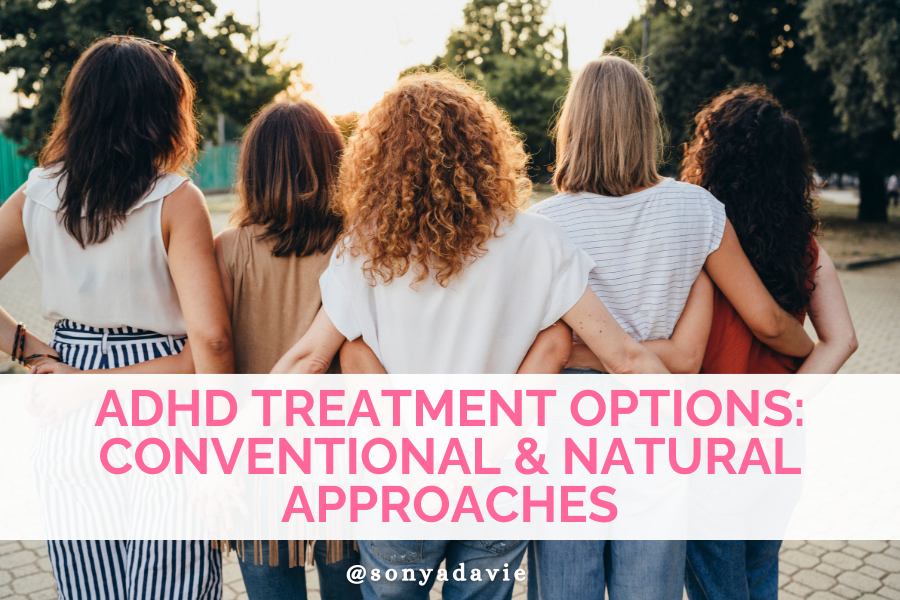
If you’re looking for a more natural approach, you’re not alone. More people are exploring ways to support brain health and emotional balance beyond medication.
One approach gaining traction is functional medicine, which looks deeper at factors like nutritional deficiencies, inflammation, and gut health. Research shows that optimizing key nutrients—such as magnesium, iron, zinc, and vitamin D—can make a real difference in managing ADHD symptoms.
Natural Supplements That May Help with ADHD
- Magnesium – Helps calm the nervous system and support emotional regulation
- Vitamin D – Boosts brain function and mood stability
- Omega-3 Fatty Acids – Improves focus, cognitive performance, and overall brain health
- Iron & Zinc – Essential for dopamine regulation and mental clarity
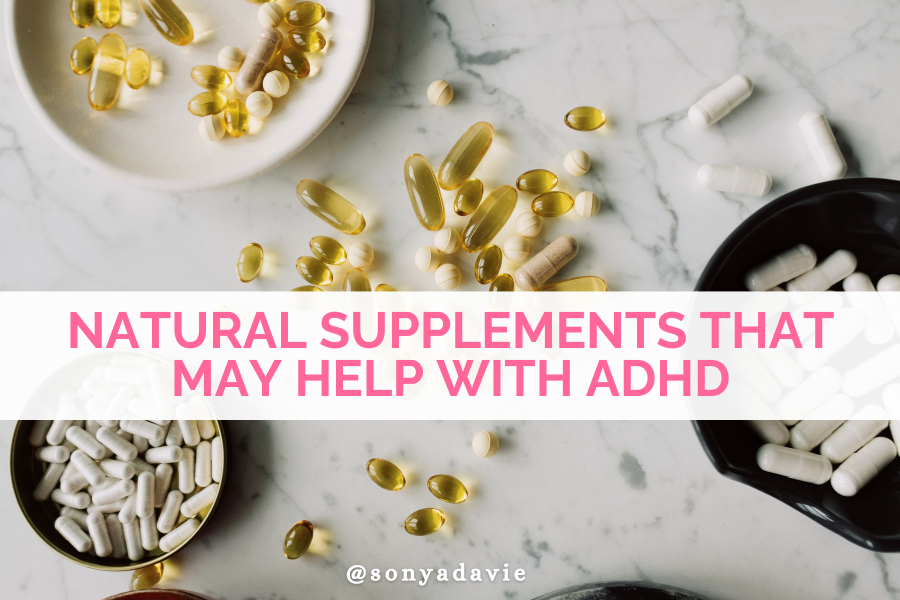
When it comes to natural supplements, quality is everything.
That’s why I personally trust and recommend Fullscript—a reliable platform offering high-quality, practitioner-grade supplements delivered straight to your door.
With Fullscript, you can find top-tier options for magnesium, vitamin D, omega-3 fatty acids, iron, and zinc, all backed by science and third-party tested for purity. Click below to create your free account and check them out!
Disclaimer: Always consult with a qualified healthcare professional before starting any new supplement regimen, especially if you have an existing medical condition, are pregnant or nursing, or are taking medication.
The Role of Diet – Ultra-Processed Foods & Brain Function
When it comes to your brain health, what you eat really matters. Ultra-processed foods—those packed with additives, artificial dyes, and refined sugars—can throw off your focus, energy, and mood, making your ADHD symptoms worse.
But when you opt for whole foods—think lean proteins, healthy fats, and plenty of fruits and veggies—you’re giving your brain the fuel it needs to perform at its best and keeping your emotions in check.
Why Exercise (Including Dance Fitness!) Helps
And let’s not forget about exercise—it’s a total game-changer for managing ADHD.
I’ve seen firsthand how regular physical activity boosts dopamine, sharpens your focus, and improves memory and impulse control.
If you’re looking for a fun way to get moving, dance fitness might be just what you need. Its blend of rhythm, coordination, and movement not only enhances your cognitive function but also melts away stress. Give it a try and see how it transforms your day-to-day life!
Click Here – Check out my Events Page to see my latest dance fitness events!
Final Thoughts
ADHD isn’t just a childhood disorder—it follows you into adulthood, affecting your career, relationships, and overall well-being. You might be among the millions (over 366 million adults worldwide) showing symptoms, yet many still go undiagnosed. Without proper treatment, ADHD can lead to chronic stress, burnout, anxiety, and even substance use disorders.
And for too long, women with ADHD have been overlooked and misunderstood. Now, with growing awareness, improved diagnostic tools, and a shift toward holistic treatment, you can finally get the support you deserve.
Whether you opt for conventional medication, lifestyle changes, or a blend of both, there are plenty of ways to manage your ADHD and thrive—without feeling like you’re constantly playing catch-up.
Ultimately, embracing a multifaceted approach—from accurate diagnosis to addressing underlying causes and incorporating both conventional and natural treatments—can lead to improved symptom management and a better quality of life for you.
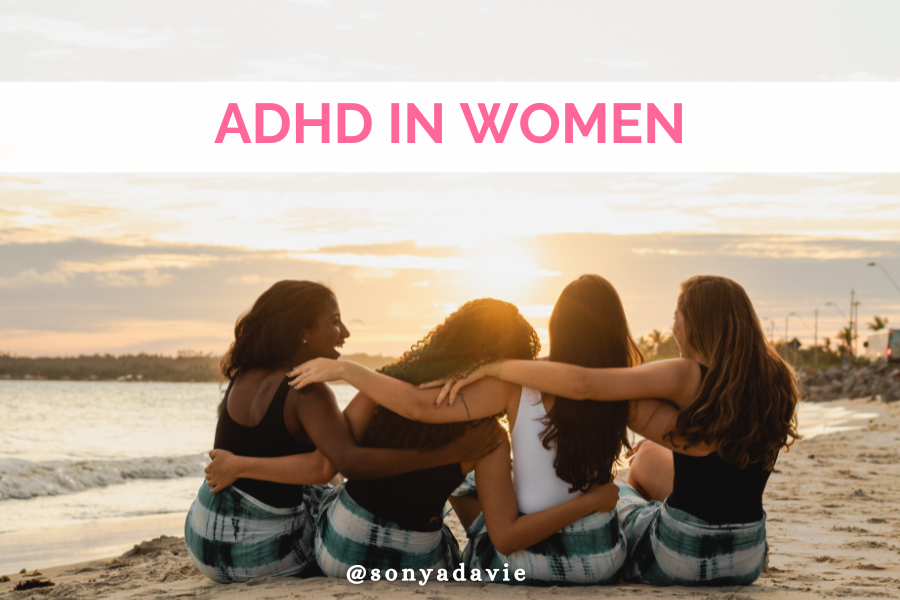
This post is all about ADHD in women.
+ show Comments
- Hide Comments
add a comment